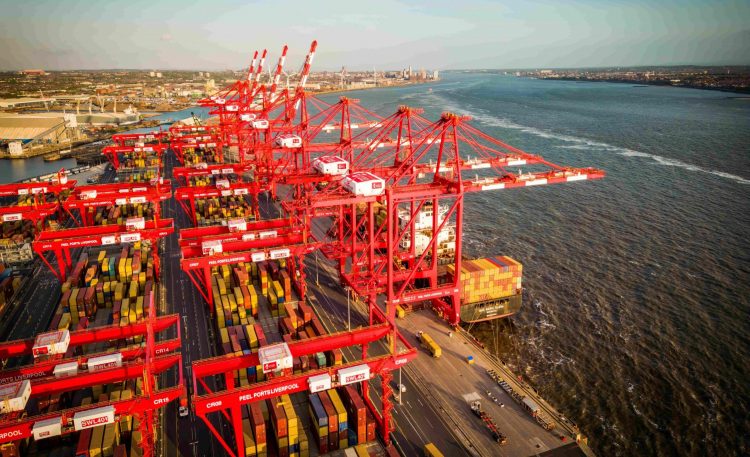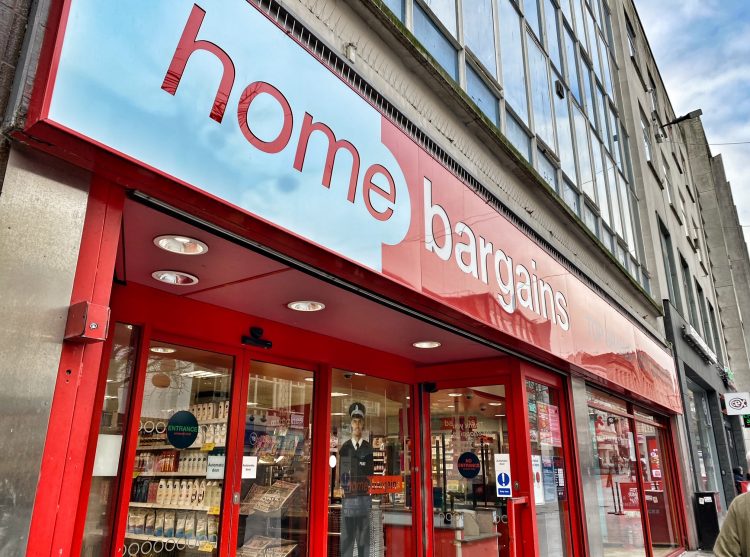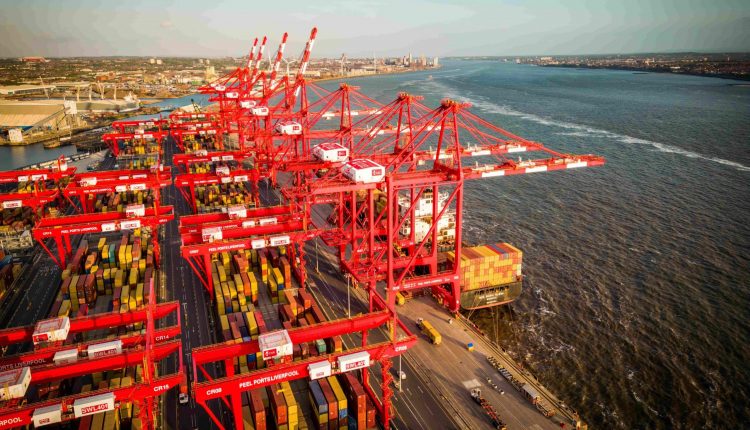Port of Liverpool holds key to slashing road emissions
Major retailers including Home Bargains and Very Group join Port of Liverpool owner in call to radically change UK supply chain logistics to slash carbon emissions. Tony McDonough reports

Peel Ports is joining leading retailers to call for a transformation of the UK supply chain to cut carbon emissions from the roads.
In a webinar in March the owner and operator of the Port of Liverpool, the UK’s third busiest port, will join leading retailer Home Bargains and Very Group in calling for imported goods to enter the UK closer to their end destinations.
Currently, 90% of deep-sea containerised cargo enters the UK via southern ports such as Felixstowe, Southampton and London. This is despite the fact 60% of these goods are destined for the North of England and Scotland.
Britain’s logistics network is a throwback to the days when the UK was a much bigger exporter of consumer goods. Many factories were based in the Midlands and so it made sense to create a huge distribution hub there.
However, despite the fact many of those factories are now gone, the old distribution network remains intact. Goods are imported through southern ports and transported by road to distribution points in the Midlands and continue their journey north by road.
It means countless lorries then drive back to the South of England empty and yet emitting more emissions. From a net zero point of view it makes no sense and yet it is something that is easy to fix.
A webinar hosted by the British Retail Consortium (BRC) on March 5 will look to create a roadmap on how the industry can work together to optimise UK ports of entry for a greener, more efficient and robust retail supply chain.
Titled The 60/90 dilemma – why sluggish UK retail supply chains are overdue a rethink, the expert panel will include senior leaders from household names such as Home Bargains (TJ Morris), The Very Group, and Peel Ports.
This follows a survey from Peel Ports Group which found 76% of UK retail leaders would want to see imported goods closer to their end destination. It also showed 77% claiming that cutting carbon emissions is one of their top strategic priorities.
With retailers placing an onus on more sustainable and efficient transportation of goods, the panel will assess the barriers that need to be overcome to deliver a transformative shift across the retail supply chain.
As well as reducing emissions from long-haul journeys, importing goods closer to their end destination would enhance efficiency by reducing congestion and transportation costs.
Marcus Connolly, strategic commercial director – Port of Liverpool at Peel Ports, said: “What’s clear is that retail leaders are crying out for better use of UK ports so goods arrive closer to their end destination.
“The benefits are numerous, with shorter lead times, fewer emissions and more efficient landside logistics, to name a few.
“Ports are primed to facilitate more sustainable retail operations, and we now need to work closely with shipping lines and the wider retail and logistics sectors to deliver more effective solutions.”


Currently, the Port of Liverpool is the fourth busiest port in the UK, handling more than 33.6m tonnes of freight a year, and is one of several operated by Peel Ports, which include Heysham, Medway, Clydeport and Great Yarmouth.
Peel has invested more than £500m in the Liverpool2 deep water container terminal allowing the port to handle the world’s biggest container vessels.
READ MORE: Peel Ports reports revenues close to £700m
It is important to point out that increasing freight traffic via Liverpool creates a local environmental problem in that it would lead to more lorries coming out of the Seaforth terminal.
In 2017 National Highways proposed a new £250m port access road to partly address this issue as well as ease general traffic congestion in the area.
However, a local campaign group, Save Rimrose Valley, aided by local politicians, has forced the Government to put the project on hold. A definite long-term plan to accommodate a busier port has yet to materialise.

